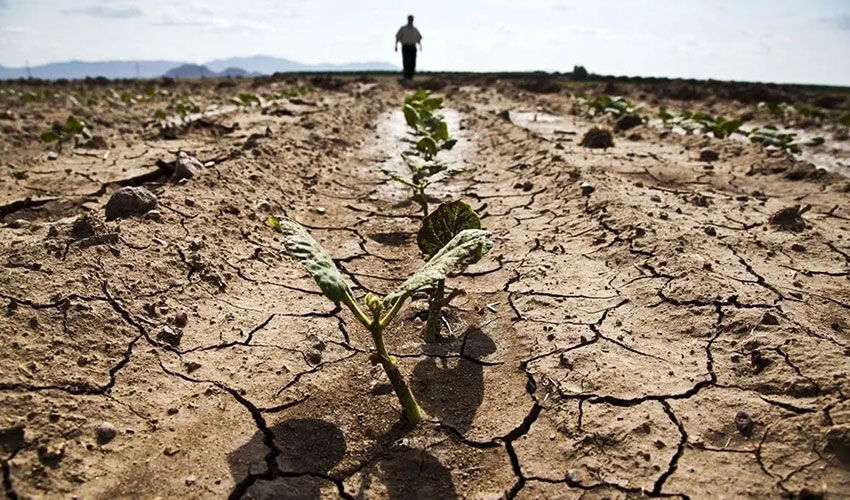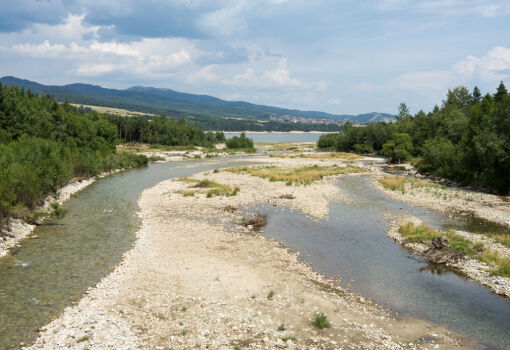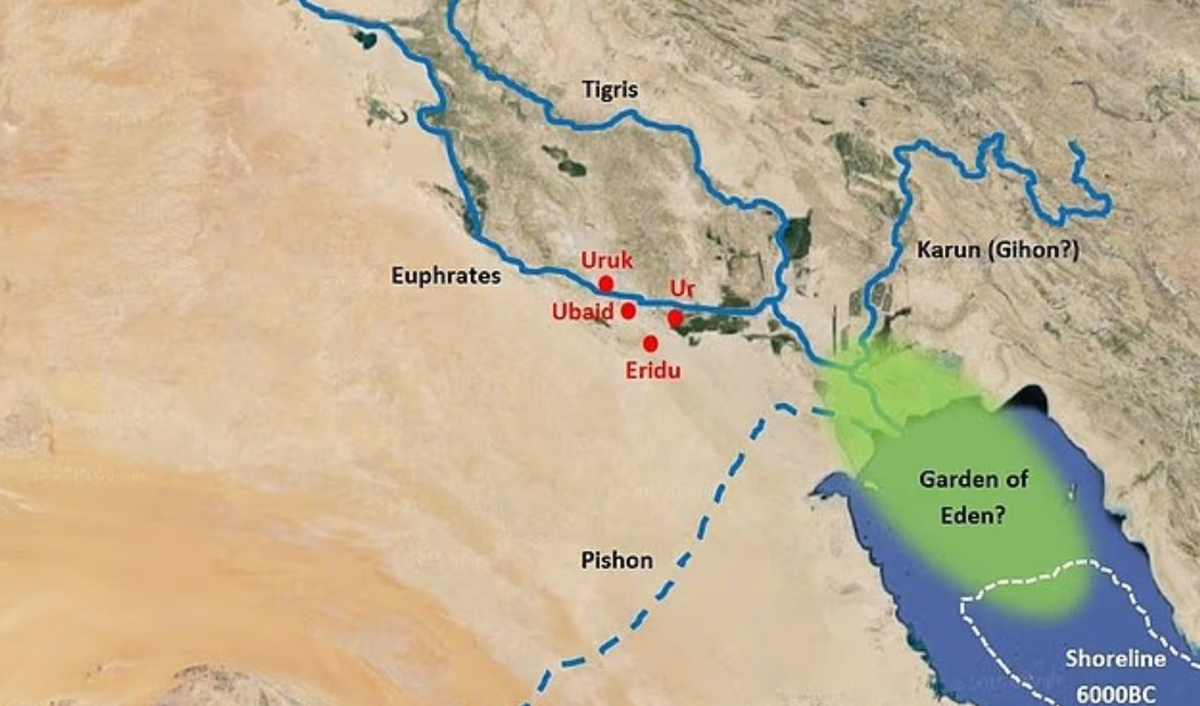
FAO defines land degradation as a long-term decline in the ability of land to fulfill essential ecosystem functions. Land degradation is rarely caused by a single cause, but is usually the result of a combination of factors. These include natural factors, such as soil erosion and salinization, as well as anthropogenic impacts, which are becoming increasingly dominant. Activities such as deforestation, overgrazing and unsustainable farming and irrigation practices are now among the main drivers of soil degradation.
The SOFA 2025 report identifies pockets of global vulnerability where these losses intersect with poverty, hunger and other forms of malnutrition. Specifically, of the 1.7 billion people living in areas where crop yields are 10% lower due to human-induced land degradation, approximately 47 million are children under 5 years of age who suffer from stunting. In absolute numbers, the countries most affected are in Asia, both because of soil degradation and high population density.
Nevertheless, there is hope. A 10% reduction in human pressure on farmland could restore enough production to feed an additional 154 million people annually. These figures are not abstract; they represent real opportunities to improve food security, reduce pressure on natural ecosystems and build more resilient agri-food systems.
“To seize these opportunities, we must act decisively. Sustainable land management requires an enabling environment that fosters long-term investment, innovation and responsible stewardship,” wrote FAO Director-General Qiu Dongyu in the foreword to the report.
FAO helps slow soil degradation by promoting sustainable land management practices such as crop rotations and cover crops to maintain soil health, reduce erosion and promote biodiversity. In Moldova, with the help of international donors, FAO is helping to finance conservation (conservation agriculture) projects, as well as the active incorporation of drought-tolerant crops such as sorghum into crop rotations.













